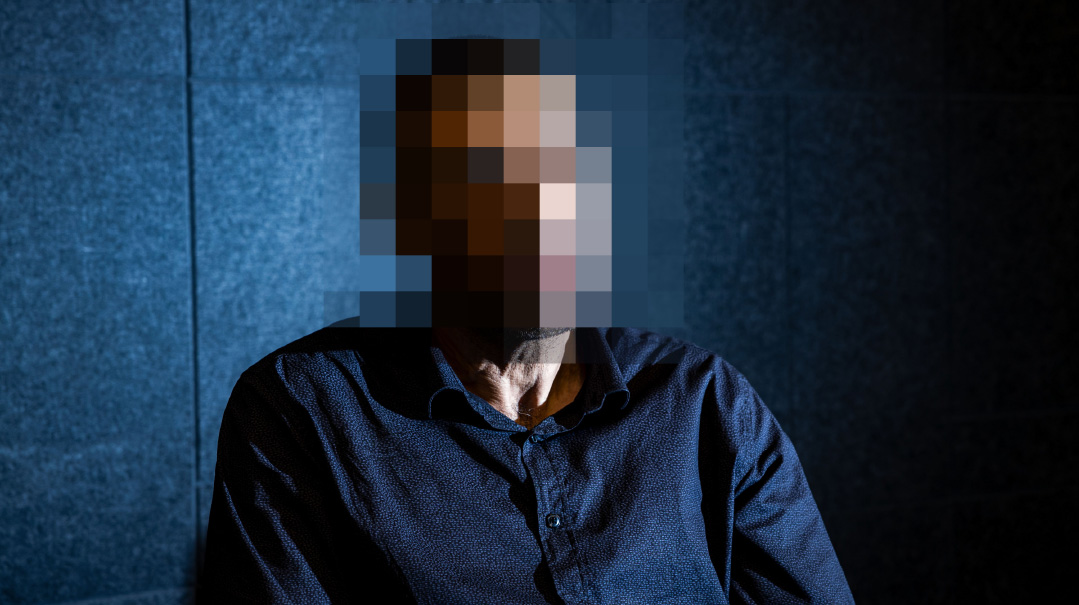Occupational Hazard
| July 23, 2024He thought terrorism meant freedom until the real oppressors showed up

Photos: Elchonon Kotler, personal archives
Mohammed Massad served as a cell commander in the PLO and then spent two years in an Israeli prison. But he soon discovered that his liberators were in fact a regime of brutality, murder, crime and evil.
Today, he’s an Israeli citizen, still working toward his dream of bringing a level of self-determination to the Arab sector, yet warning whoever will listen that the murderous and deadly PA isn’t the answer
One day in the middle of the First Intifada a little over three decades ago, a teenage PLO terrorist named Mohammed Massad left his house in Burkin, a village near Jenin, intending to kidnap Israeli hitchhikers.
“I set out in a car with two friends,” he recalls of the mission that would define his red lines of right and wrong. “We hit Route 675 that crosses from Megiddo to Beit She’an, slowing down near hitchhiking posts, looking for soldiers or civilians trying to thumb a ride. I’d been a terrorist-in-training since I was eight years old, was already head of a local terror cell, and a pretty good marksman and a slingshot expert, and we were proud that this particular mission would help bring the Palestinian struggle to the fore of the public agenda and make us into national heroes.”
Surprisingly, the hitchhiking posts were empty that day, but then they spotted a figure standing near an empty bus stop — a young Jewish woman was signaling to passing cars.
“Our car stopped, we opened the window and offered her a ride,” Massad remembers. “This would be an easy get. But then, as soon as she opened the door, I was hit by a totally unexplained wave of panic. I slammed the door, leaving her outside, and ordered the driver to get out of there.”
Confused, the driver pressed on the gas, while the young woman remained on the sidewalk, clearly angry about the hitch she had missed. It’s likely that to this day she has no idea how that fraction of a second saved her life.
Oops! We could not locate your form.







